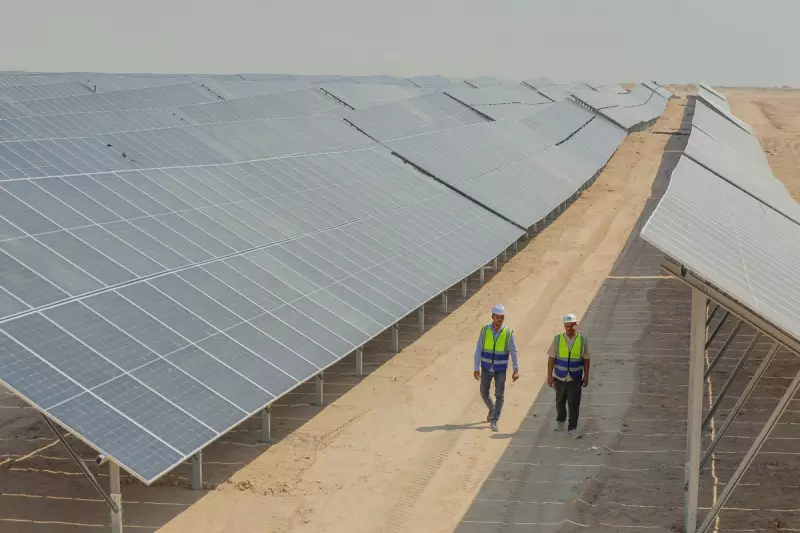
Iraq's already fragile power grid is facing a catastrophic collapse as critical electricity generating plants have been forced into complete shutdown, plunging major cities into darkness and triggering widespread public unrest.
Fuel Shortages Paralyse Power Infrastructure
According to statements from Iraq's Ministry of Electricity, the country's two largest power plants located in the capital Baghdad and the holy city of Karbala have ceased operations entirely. The shutdown stems from a severe shortage of gas and fuel oil required to operate the facilities at capacity.
The ministry confirmed that the mammoth Al-Quds power plant in Baghdad and the essential Karbala station have both gone offline, creating massive electricity deficits across central and southern regions. This development comes amidst soaring summer temperatures that typically drive energy demand to annual peaks.
Nationwide Blackouts and Public Outcry
The plant closures have resulted in extensive blackouts affecting millions of Iraqi citizens already struggling with unreliable power supplies. In Karbala, a city of profound religious significance, residents have taken to the streets in protest against the deteriorating conditions.
Local reports indicate that demonstrators have blocked major roadways and gathered near power facilities, demanding immediate government action to resolve the crisis. The protests highlight growing public frustration with Iraq's longstanding inability to provide consistent electricity despite its vast oil and gas reserves.
Infrastructure Challenges and Political Implications
This latest energy crisis underscores the profound challenges facing Iraq's infrastructure development. Years of conflict, corruption, and underinvestment have left the country's power sector unable to meet basic domestic needs, despite repeated government pledges to address the problem.
The timing of these shutdowns poses significant challenges for Iraqi authorities, particularly during periods of extreme heat when electricity demand for cooling systems becomes a matter of public health and safety.
Energy experts warn that without substantial investment in infrastructure and improved resource management, Iraq will continue to face recurring power crises that undermine economic stability and social cohesion.





